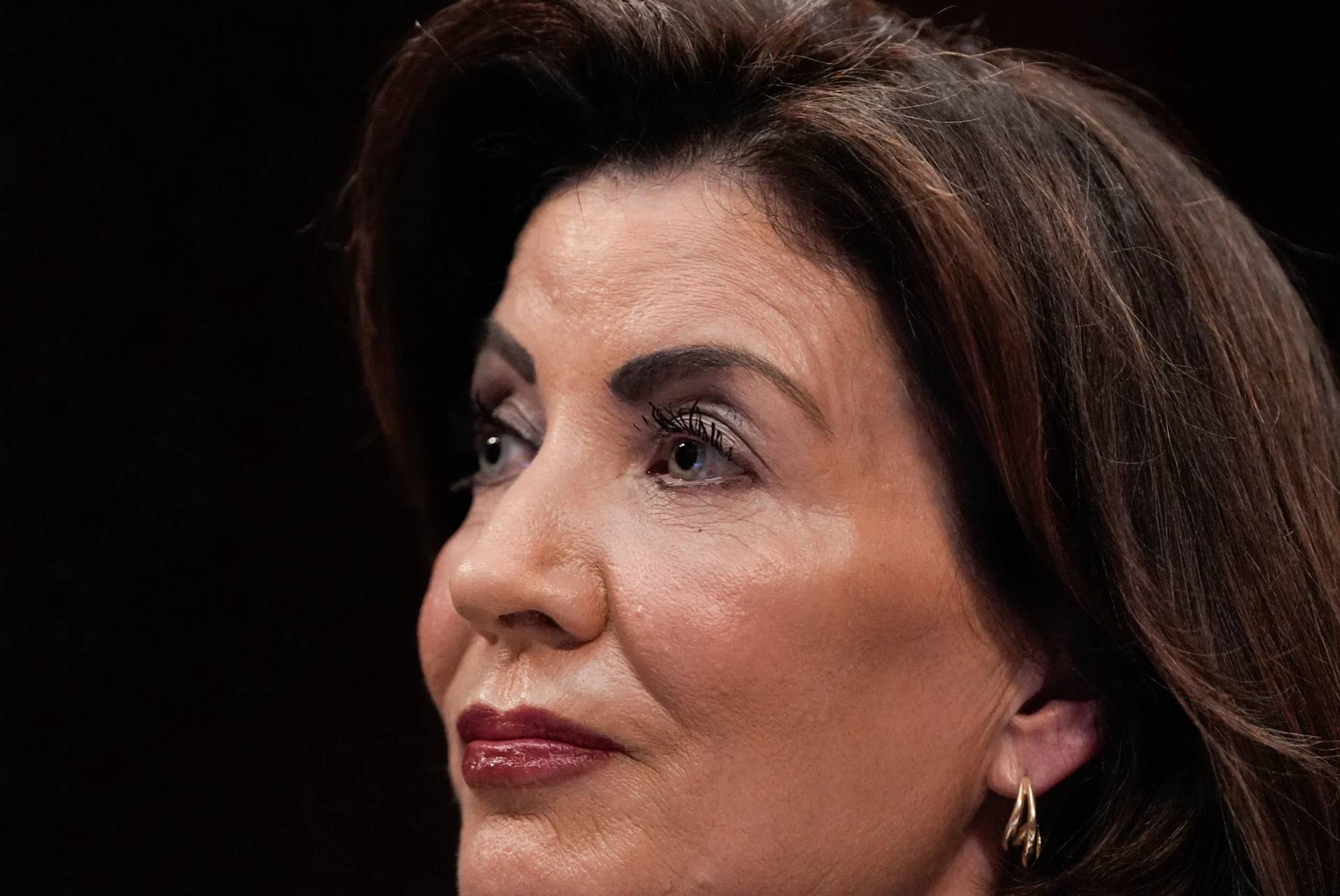Recently, I received good news from a young woman I was blessed to mentor some years ago. This particular twenty-something has a keen intellect and talents that would make her successful in any career, and yet her announcement to me and to the world is surprising and hopeful: She’s entering the convent!
This time of discernment and formation will prepare her to possibly take life-long vows of poverty, chastity and obedience for the sake of the Gospel.
The skeptic might ask: What would possibly make a young woman with the world at her fingertips make such a decision?
At the heart of the answer to such a question is our understanding of God. What do we believe about God? Who is he, she, or it?
Unfortunately, some people’s understanding of God makes him into a nice fantasy, cherished heirloom, psychological consolation or entertaining hobby. None of these understandings, however, makes sense of the religious vows of a Catholic religious sister, or even the vows of married Christian people.
These thoughts all beg the question: Who is God? And what should be our relationship with him?
We begin to understand the sacrifices of Christian disciples for God if we see him as a real, personal being who has a historical, self-revealing relationship with humanity, with a specific plan for each person. If we comprehend that God is not my creation, or my idea or even merely my consolation, then we start to encounter the independent reality of God that compels and sustains the free surrender of a disciple to God’s will.
We begin to see why this young woman entered the convent, and why she’s even considering such a self-oblation.
The believer knows that, as a real, personal being, God calls each of us according to our own gifts and talents into an intimate communion with him. At times, our union with him will call for a loving sacrifice of our own desires and aspirations, as well as selfless service to others and their needs.
The response and acceptance of God’s will by a Christian disciple is taught and encouraged by the Gospels. All disciples are summoned to hear the voice of God within themselves, wrestle with it, discern it within the community of faith, and joyfully embrace and share it with all people.
Pope Francis was led to this awareness in his own life as a young man. He recalls that one day, while he was in school studying chemistry, he went for a walk with friends. They passed a church and he went inside.
He recounts: “I entered, I felt that I had to enter, there are things that you feel inside and you don’t really know what they are. I looked and it was dark, a September morning, and I saw a priest coming. I didn’t know him, he wasn’t from that church, and then he sat down in the last confessional… and then I don’t know what happened to me.”
The pope continues his story by saying, “I felt like somebody grabbed me from inside and took me to the confessional. I’m not sure what happened there, clearly I must have confessed, but I don’t know what happened, and when I finished confessing, I asked the priest where he was from, because I didn’t know him… While I was there I felt that I had to become a priest, and I didn’t doubt it.”
In his own way, the pope followed the same process of discernment and assimilation of God’s will that all people of faith are called to live out in their own lives.
This is exemplified by the young woman above, and her wonderful example – along with that of Pope Francis – shines out to the world. This witness reminds all believers and people of good will of the reality of God, his providential plan for all people, and the constant invitation he offers to each of us to do his will for our good and the greater good of humanity.
















